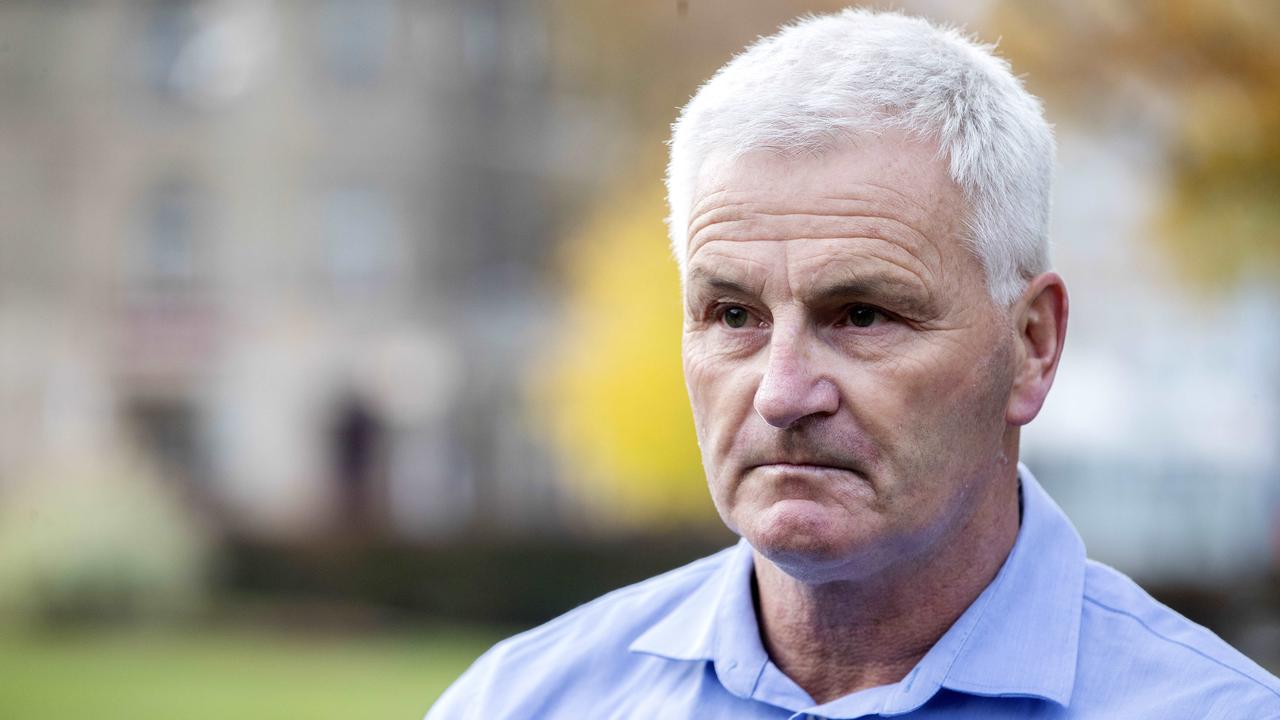Coronavirus Tasmania: GPs call for Health Minister Sarah Courtney to immediately shut schools, pubs
TASMANIAN GPs have signed an open letter urging the State Government to take stronger action on coronavirus.
Coronavirus
Don't miss out on the headlines from Coronavirus. Followed categories will be added to My News.
AN open letter from Tasmanian general practitioners is urging the State Government to close schools, places of worship, pubs, gyms and other public places to combat coronavirus.
The letter by Kingston general practitioner Emily Isham and signed by more than 100 GPs said there was consensus in the medical community that widespread shutdowns should be implemented immediately.

“I ask that you rethink your current recommendations to the general Tasmanian population and consider instituting more conservative measures with regards to public event cancellation (even when less than 500 in attendance) and social distancing immediately to curb the spread of such a contagious and severe disease.
“We should immediately recommend a three to four week closure of schools, cultural and religious places (including places of worship), gyms and leisure centres, pubs, bars, theatres, cinemas and concert halls,” Dr Isham wrote.
MORE:
DAILY CORONAVIRUS BLOG: BIG FINES FOR ISOLATION DODGERS
“Our state’s healthcare system is facing an impending disaster, and at an individual level it is extremely concerning that new cases could be travelling in by the day, and schools could be propagating it – without our knowledge. We cannot confirm that there is no community spread currently in Tasmania.”
Dr Isham also urged travel into Tasmania to be restricted to residents and essential travel.
This afternoon the State Government released a letter from Director of Public Health Mark Veitch explaining the decision not to close schools.
MORE NEWS
- Country star blown away by Launceston couple’s act of kindness
- RSL Tasmania cancels Anzac Day services
- Supreme Court halts jury trials amid coronavirus crisis
Dr Veitch said the Australian Health Protection Principal Committee’s advice was that pre-emptive school closures were not likely to be proportionate or effective as a public health measure.
However he said closures may be considered later in anticipation of a peak in infection rates.
“Previous work suggests that the potential reduction in community transmission from pre-emptive school closures may be offset by the care arrangements that are in place for children who are not at school. Children may require care from vulnerable grandparents or may continue to associate (and transmit infection) outside of school setting Dr Veitch said.
“School closure is associated with considerable costs. Studies have estimated that around 15 per cent of the workforce and 30 per cent of the healthcare workforce may need to take time off work to care for children. While this effect could be mitigated somewhat, it is likely that this burden will still be significant and will fall disproportionately on those in casual or tenuous work circumstances.”


